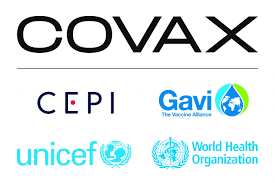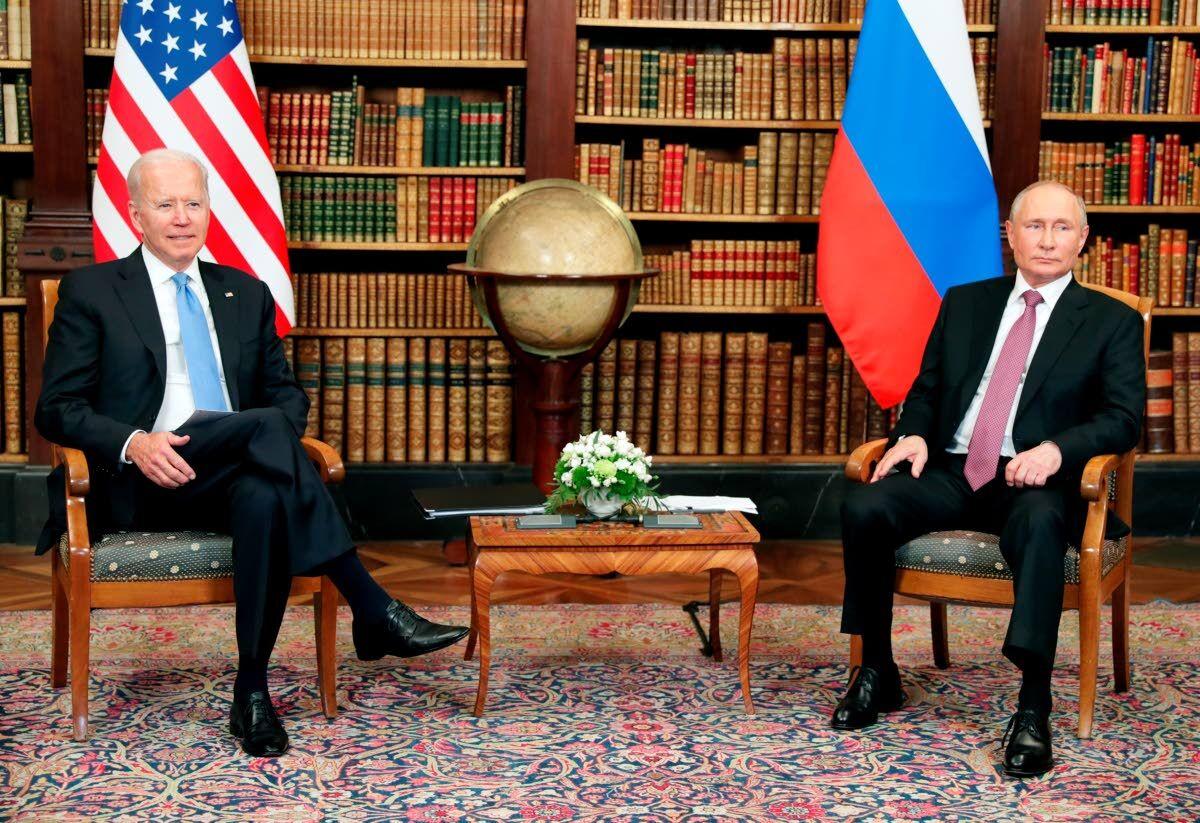The city of Geneva has a long tradition of hosting international organisations, peace talks and global conferences. Although the United Nations headquarters is located in New York, UN bodies and agencies seated in Geneva have gained prominence in recent years. With my term at the Czech Mission in Geneva ending, allow me to look back and highlight three areas that have made „International Geneva“ indispensable to solving current global challenges.
Global response to the COVID-19 pandemic

The COVAX Facility is a joint effort of mainly Geneva-based health organisations.
The World Health Organisation (WHO) was critizied for declaring COVID-19 as a global health emergency too late and for somewhat misleading guidance on wearing face masks. But overall, WHO succeeded in responding to the pandemic in collaboration with other UN agencies such as UNICEF and the World Food Programme. Other Geneva-based health organisations contributed as well. The Global Fund is fighting infectious diseases such as HIV/AIDS, tuberculosis and malaria. The Global Vaccines Alliance (GAVI) was instrumental in creating the COVAX Facility – an innovative instrument for vaccines purchase and sharing.
Other organisations have dealt with long-term social and economic aspects of the pandemic. The International Labor Organisation (ILO) could build on its groundbreaking „Future of Work“ declaration adopted in 2019. The World Trade Organisation (WTO) tried hard to keep borders open and maintain critical supply chains in the midst of the pandemic. It is currently discussing a possible waiver from patent protection. On one hand, this could allow vital vaccines and medicines to be produced cheaper and shared faster. On the other, the waiver should not undermine market incentives for research and innovation – an area that is governed by the World Intellectual Property Organisation (WIPO), another agency based in Geneva.
Digital cooperation and the future of the Internet

Geneva has become a hub for internet governance.
The pandemic has accelerated the use of new digital technologies that can bring multiple benefits but also pose threats to economies and societies that are vulnerable to cyber attracts and disinformation. With dozens of international agencies, non-governmental organisations and think tanks, Geneva has become a hub for digital cooperation. WHO promotes e-health, ILO deals with the impact of AI on labor markets and the World Meteorological Organisation applies big data in climate models, to name just a few examples. Digital technologies also feature in disarmament conventions that debate about a possible regulation of Lethal Autonomous Weapon Systems, better known as “killer robots”.
The International Telecommunications Union (ITU), on its part, sets protocols and standards. This merely technical work has recently become part of geopolitical contests, as different powers had put forward competing standards for 5G networks, face recognition and the internet of things. Private companies follow these developments with interest. Facebook manages its cryptocurrency project Libra from Geneva and Huawei proposed new standards in ITU. The election of a new ITU chief will be one of the most watched and debated event in International Geneva next year.
Human rights, human security, human development

Geneva hosted many high-level meetings and talks.
Apart from WHO, ILO, ITU, WTO and other technical bodies, Geneva is perhaps best known as the seat of humanitarian agencies, among them the International Committee of the Red Cross (ICRC) and the UN Refugee Agency (UNHCR). Their mission to save lives and assist the most vulnerable is more important than ever as we register the highest number of people displaced by violent conflicts, natural disasters and climate change. The notorious Geneva Conventions have come under stress as some combatants do not respect any more fundamental principles of the international humanitarian law.
Last but not least, Geneva hosts the UN Human Rights Council. The Council is sometimes called inefficient but still plays a crucial role as the primary UN body for the protection and promotion human rights. Often, we saw that the Council substituted for other bodies, e.g. the UN Security Council that was incapable to address root causes of conflicts due to a veto from one of its permanent members. The Human Rights Council has interfered into economic, social and environmental agendas as well. This is legitimate unless it distracts its focus from civil and political rights.
Czech mission in international Geneva

Leaving the Czech Mission in Geneva…
Global issues are complex and require coordinated multidisciplinary responses. UN Secretary General Guterres expressed it eloquently: “There will be no security without development, no development without security and neither security or development without the respect for human rights”. Geneva, which hosts multiple intergovernmental and non-governmental organisations, is well placed to contribute to tackling the interlinked challenges of human rights, human security and human development.
I am proud that Czechia has been a reliable partner and played a constructive role in International Geneva. Czechia was among the first ten countries that donated financial support through WHO to the global COVID-19 response. Czechia has also intensified its support to and collaboration with ICRC and UNHCR on humanitarian issues. As a member of the UN Human Rights Council, Czechia has led initiatives on the freedom of assembly and association and the equal participation in political and public affairs. Czechia was also elected to the governing boards of both ILO and ITU and has promoted negotiations on e-commerce in WTO. We organized a concert on the occasion of the 100th anniversary of Czechoslovakia and other public events.
I wish my successors and diplomatic partners equally successful missions in International Geneva.